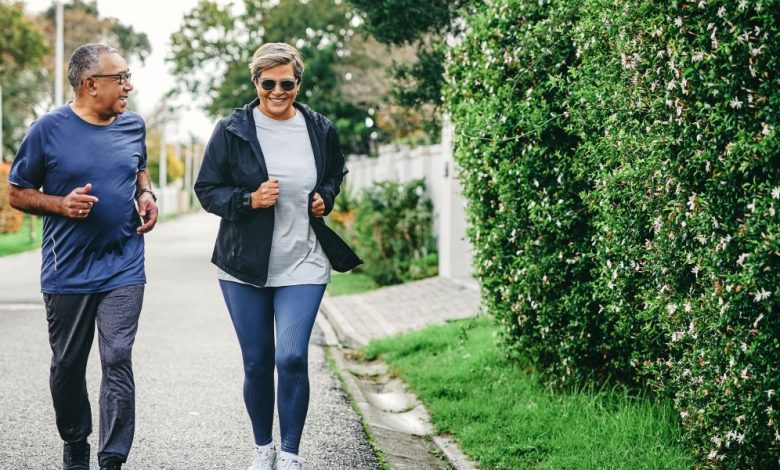Just 1 workout a month can boost your brain

Consistency may be more important than intensity when it comes to the benefits of exercise for the brain, a new study finds. Remaining physically active throughout adulthood was linked to better brain function later in life, including stronger memory.
Being physically active at least once a month throughout adulthood made a difference and was correlated with higher cognitive scores at age 69. The more active someone was in adulthood, the higher their cognitive score.
In a longitudinal study published in the Journal of Neurology Neurosurgery & Psychiatry, researchers recorded the five-time commitment to physical activity of over 1,400 participants between the ages of 36 and 69. They were classified as either inactive, moderately active (exercising one to four times a month), or most active (exercising five or more times a month). According to the study, the participants, aged 69, underwent various cognitive tests that tested attention and orientation, verbal fluency, memory, language and spatial vision.
“Effect sizes were similar for all adult ages and for those who were either moderately or most physically active, suggesting that physical activity at any time during adulthood, even if only once a month, is associated with higher cognition is. ‘ the researchers write.
Research has linked exercise to myriad health benefits. Regular physical activity has been shown to reduce the risk of depression and can reduce symptoms of stress and anxiety — not to mention it can lower the risk of cognitive disorders like Alzheimer’s. Regular exercise was also associated with a lower risk of developing COVID-19 and becoming seriously ill from the virus. Exercise is also a burnout prevention measure and can help people feel more productive and present at work.
“It’s time to think of exercise as medicine,” said Dr. Yasmin Ezzatvar, who has studied how the effects affect health wealth.
Current guidelines in the US recommend 150 minutes of moderate-intensity activity or 75 minutes of vigorous-intensity activity per week—in addition to at least two days of strength training. This specific study does not introduce one form of physical activity to another, but encourages all forms of leisure-time physical activity, especially in old age.
“Being physically active at any time and to any degree in adulthood is associated with higher cognitive status later in life, but maintaining physical activity throughout life was most optimal,” the researchers write.
The best way to stick to a physical activity routine is to do something you enjoy. “It can be done as part of work, sport and leisure, or transportation,” Ezzatvar previously said wealth. “But also through dance, games and everyday household tasks such as gardening and cleaning.”
Learn how to navigate and build trust in your organization with The Trust Factor, a weekly newsletter exploring what leaders need to succeed. Login here.



